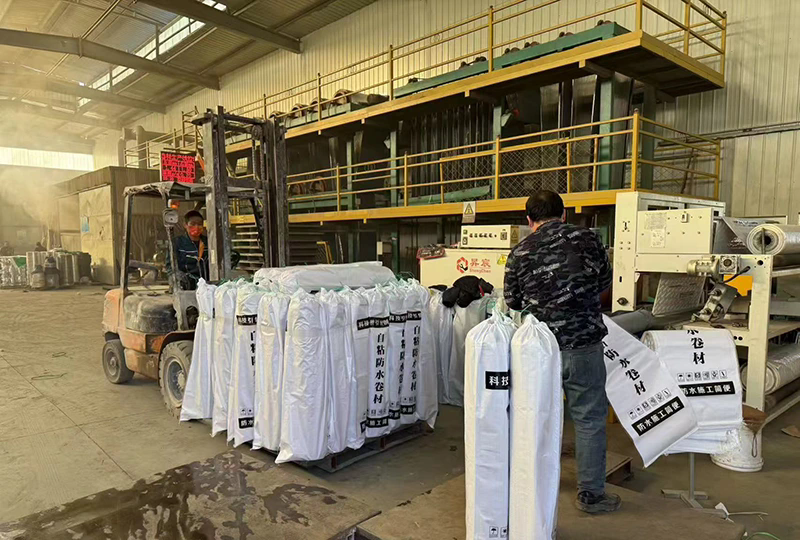What Is Asphalt Waterproofing Membrane Equipment and Why Is It Important in Construction?
2025-07-15
Asphalt waterproofing membrane equipment refers to the machinery and tools used to produce, apply, and install asphalt-based waterproofing membranes. These membranes are critical in preventing water penetration in buildings, bridges, tunnels, and other structures, ensuring durability and structural integrity.
What Are Asphalt Waterproofing Membranes?
These membranes are sheets or rolls made from asphalt mixed with modifiers and reinforcements (such as fiberglass or polyester) that create a waterproof barrier. They are commonly used on foundations, roofs, basements, and underground structures to protect against moisture damage.

What Types of Equipment Are Used?
1. Asphalt Membrane Production Machines
These machines blend asphalt with modifiers and fillers, coat reinforcement materials, and form continuous rolls of waterproofing membrane.
2. Automatic Coating Machines
Used to evenly apply asphalt layers on carrier sheets or fabrics.
3. Membrane Cutting and Rolling Machines
Cut membranes into required sizes and roll them for easy transport and installation.
4. Membrane Installation Equipment
Tools like hot-air welders, torch applicators, and rollers are used on-site to join and fix membranes.
5. Spray Equipment
For spraying asphalt emulsions or primers on surfaces before membrane application.
Why Is Asphalt Waterproofing Membrane Equipment Important?
Consistency and Quality
Automated equipment ensures uniform thickness and adhesion, improving membrane performance.
Efficiency
Speeds up production and installation, reducing labor costs and construction time.
Durability
Properly manufactured and applied membranes provide long-lasting waterproofing.
Customization
Equipment allows for adjustments in membrane composition and thickness to meet specific project needs.
Where Are These Membranes Used?
Building Foundations and Basements
Roofs and Terraces
Bridges and Tunnels
Underground Parking Lots
Water Reservoirs and Dams
Conclusion
Asphalt waterproofing membrane equipment plays a vital role in modern construction by producing and applying high-quality membranes that protect structures from water damage. Investing in reliable equipment ensures efficient production and installation, contributing to safer and longer-lasting buildings.


